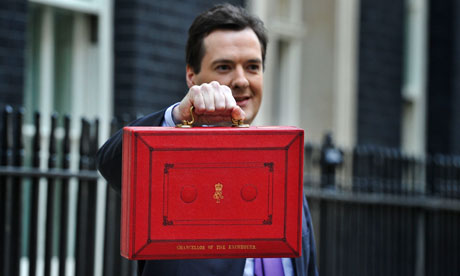
July 10, 2015, by Harry Cocks
Conservatism: A Philosophy of Inequality?
Conservatism is often described as a philosophy of inequality, Dean Blackburn writes. Whereas socialists and social democrats are concerned, above all else, with achieving egalitarian objectives, conservatives, it is argued, are committed to preserving disparities of wealth and status. In a recent article, which has been published by Political Studies (see link below), I challenge this description of conservatism. Central to my argument is a particular understanding of the way that Conservatives understand politics. Conservatives are suspicious of rationalism. And in turn, they are reluctant so suggest that any methods or organisation of society are universally valuable. Instead, they use the past as a guide to appropriate political action. And if particular practices are able to demonstrate that they are conducive to ‘organic’ forms of change, the conservative is willing to accommodate them. It follows that there are no logical constraints on the conservative’s engagement with concepts like equality. Put simply, if an egalitarian measure can demonstrate that it is conducive to organic forms of change, the conservative will be compelled to endorse it.
To substantiate this argument, I draw particular attention to the dominant ideology of the post-war Conservative Party, which I term ‘Middle Way Conservatism’. Following the Second World War, leading figures in the party, including Quintin Hogg, R.A. Butler and Harold Macmillan, came to endorse social policies that were redistributive in nature and were designed to temper the vagaries of free market capitalism. Their willingness to do so, I argue, stemmed from their assessment of the inter-war period. Certain forms of inequality, they argued, had threated the social harmony of the national community during the 1930s, and they were thus enthusiastic about social reform that could improve the conditions of the poorest members of the community. This argument was clearly stated by Quintin Hogg, who was then MP for Oxford. Commenting on the Beveridge Report, which provided the blue-print for Britain’s post-war welfare state, he remarked: ‘if you do not give the people social reform, they are going to give you social revolution’.
Since the ascendency of Margaret Thatcher in the 1970s, the ‘Middle Way Conservatism’ that Hogg and Macmillan articulated has been in retreat. Contemporary Conservatives, far from regarding redistributive social policies as being a source of social harmony, are more likely to regard them as impediments to aspiration and enterprise. And in privileging the interests of the market, they have abandoned the criticisms of unrestrained capitalism that Macmillan and others advanced. When we reflect on these changes, a significant question presents itself: do David Cameron and other leading Conservatives now regard inequality as something that is desirable in itself? If we answer ‘yes’ to this question, then it follows that they have abandoned the basic feature of conservative thought, and it might, in turn, be necessary to speak of the death of British conservatism.
Dean Blackburn, “‘For We Shall Prejudice Nothing’: Middle Way Conservatism and the Defence of Inequality, 1945–1979”, Political Studies (May 2015), doi: 10.1111/1467-9248.12210
http://onlinelibrary.wiley.com/doi/10.1111/1467-9248.12210/abstract
No comments yet, fill out a comment to be the first

Leave a Reply